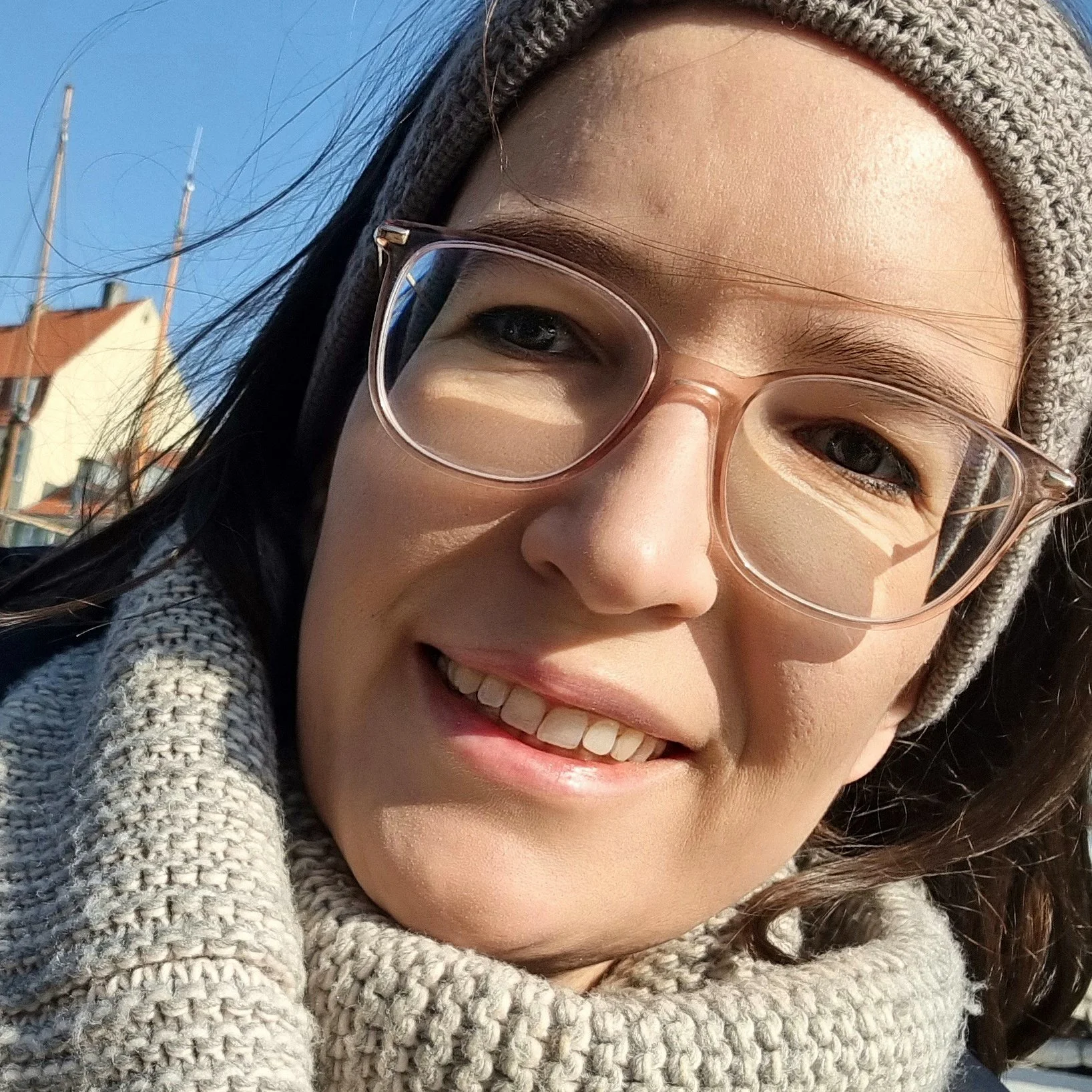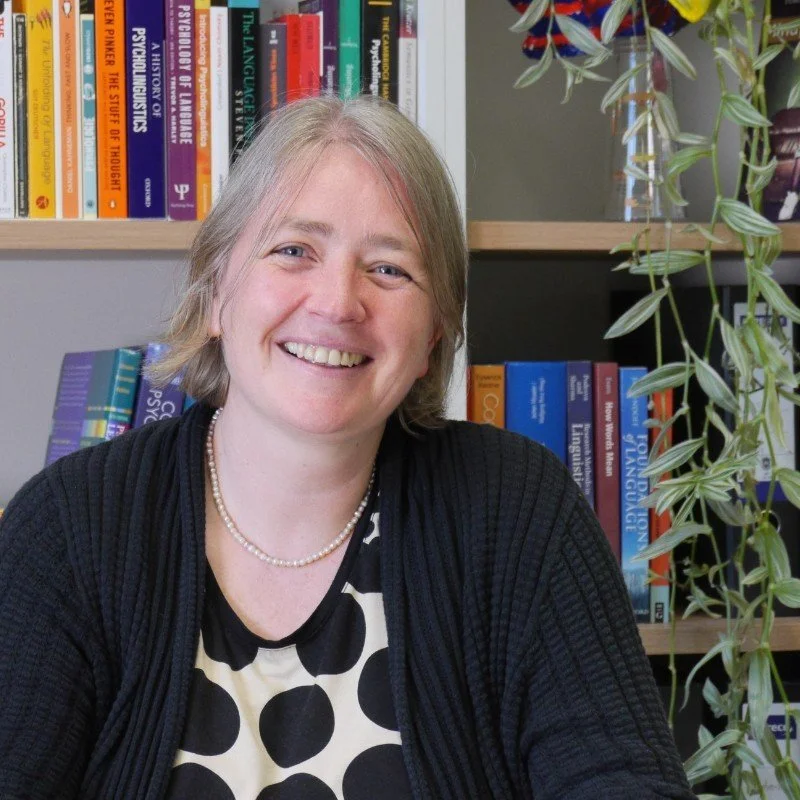Lenguaje y Cognición
Ciclo de Conferencias 2025/26
26 de Noviembre de 2025
Facultad de Psicología de la UNED
Multimodality-for-Compensation? Testing Gesture and Speech Integration in Affirmation and Negation
Carolin Dudschig | Department of Psychology, University of Tübingen
Human communication relies on multimodal signals such as speech, gestures, and facial expressions, yet the specific role of gesture in comprehension remains unclear. Motivated by evidence that multimodality can ease processing demands, we conducted several behavioral experiments. We manipulated compatibility between gestural (head shakes/nods; thumbs up/down) and verbal (yes/no) information to test whether negation would particularly benefit from multimodal input. Contrary to a multimodality for compensation account, we found no such advantage, and affirmative information benefited more from multimodality than negation. Follow-up studies will further examine how gestures contribute to multimodal integration and predictive processing, including electrophysiological evidence.
The mental association between Time and Valence
Barbara Kaup | Department of Psychology, University of Tübingen
The talk explores whether people mentally link time with emotional valence—specifically, whether the future is associated with positivity and the past with negativity. I will present a series of experiments using sentence-completion tasks, Implicit Association Tests, a novel chronometric approach, and self-report measures. Across indirect tasks, participants tend to choose or respond in ways that pair future with positive and past with negative information, and they do so more quickly and accurately when this mapping is respected than when it is reversed. These effects are robust across different response modalities and cannot easily be explained by simple properties of language use. Individual differences further modulate the pattern: People with a more optimistic disposition show a particularly strong tendency to link the future with positive valence. At the same time, self-report data suggests a more balanced or even positively biased evaluation of both past and future, possibly because positive memories are preferentially retrieved. Together, these findings indicate a reliable positive-future effect at the level of automatic evaluation, which may be partly masked when people consciously reflect on their past and future. The talk will consider possible cognitive and motivational accounts of this time–valence association, including the idea that it is grounded in spatial mappings of valence and time.


